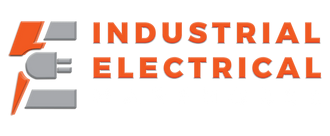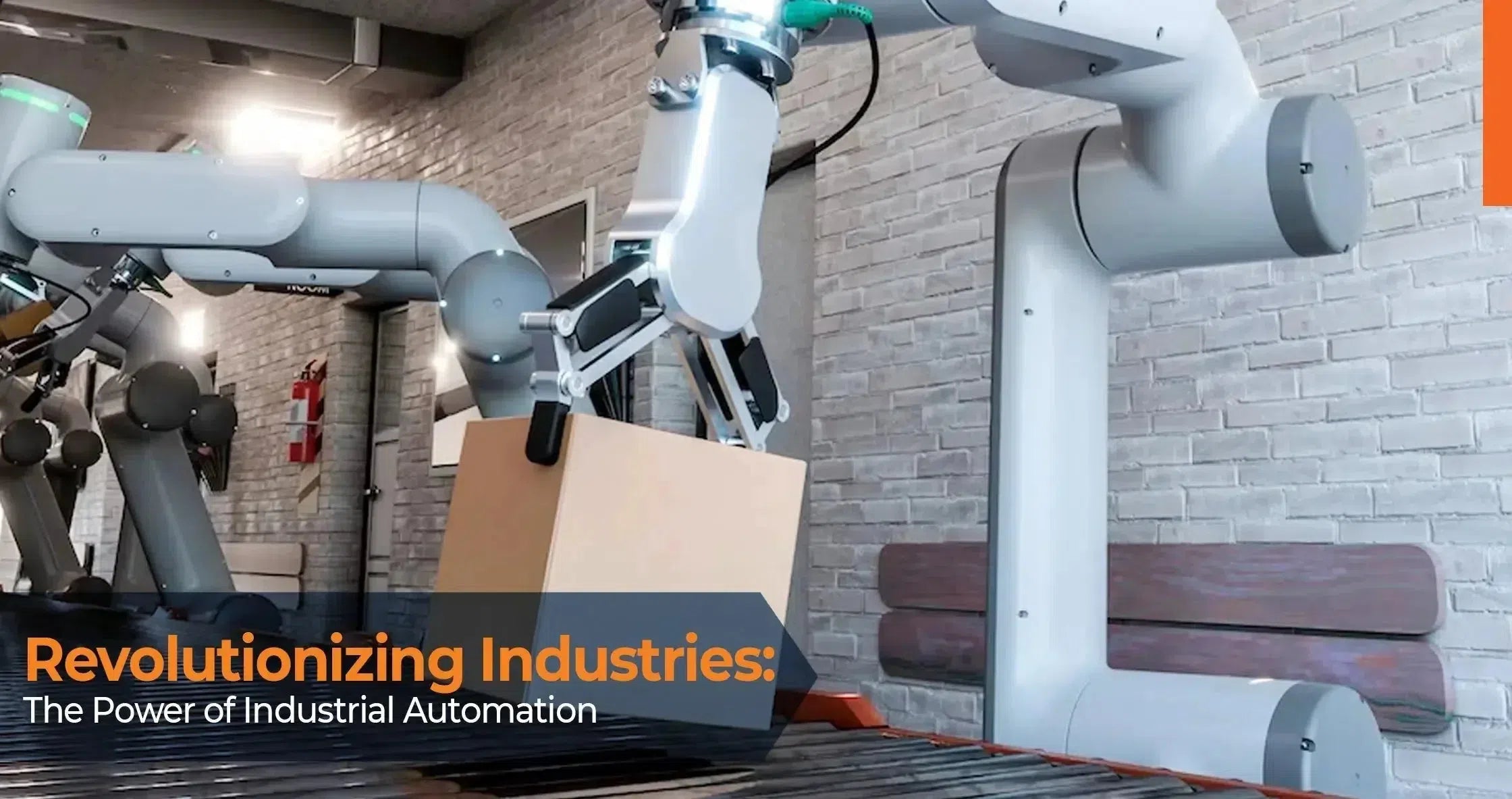The influence of industrial automation on economic transformation is of great significance and should not be underestimated. This groundbreaking technology has wholly transformed various industries, leading to unprecedented levels of efficiency, productivity, and competitiveness on a global scale. It's clear that embracing automation solutions and technological advancements has played an essential role in this transformation, and it's exciting to see what the future holds for this rapidly evolving field.
Industrial Automation in a Nutshell
Industrial Automation is the advanced utilization of control systems, including computers, robots, and information technologies, to reduce human involvement in various processes and machinery in the industry. It is the second step beyond mechanization in the context of industrialization. With automation systems, manufacturing, engineering, construction, power generation, and other core economic processes can run with greater efficiency and productivity.
The Benefits of Industrial Automation

It's no secret that automation can be a game-changer, especially for businesses that require a hefty amount of resources. By reducing the number of workers needed, companies can avoid disruptions caused by human errors, strikes, and trade unions. Plus, it opens up the opportunity to produce a diverse range of products, essential for differentiation and growth.
Integrating plant floor devices and the rest of the enterprise becomes more critical as technology advances. A secure network infrastructure, intelligent data collection devices, and the ability to turn data into actionable insights are all necessary. By merging control and information across the enterprise, operations can be optimized, connecting the plant, site, facility, and people. The results? Improved efficiency and productivity across the board!
The Future of Industrial Automation
The world of industrial automation is constantly evolving, thanks to innovative technologies like cloud computing, artificial intelligence (AI), the Internet of Things (IoT), and Big Data. These cutting-edge tools have enabled businesses to create tailor-made automation systems to fit their unique needs, resulting in increased efficiency and productivity.
Some may argue that automation threatens traditional blue-collar jobs. Still, it's important to note that it also creates new opportunities in robotic manufacturing, research, marketing, and software development. In fact, many economists believe that the idea of automation as a job destroyer is based on a false belief known as the Luddite fallacy.
It's natural to be concerned about the effects of industrial automation on employment opportunities. However, there's no need to fret as it can actually open up more job prospects for workers. By adapting to the latest technologies and enhancing their skills, workers can stay ahead of the competition and remain relevant in the job market.
Moreover, businesses that embrace these new technologies can stay ahead of the curve and remain competitive in a constantly evolving market. The future of industrial automation is full of potential, and the possibilities are truly endless.
Conclusion

The impact of industrial automation is far-reaching, with benefits like increased efficiency, productivity, and competitiveness. By assigning more hazardous and unnecessary tasks to machines, the workforce can be optimized to its fullest potential. As technology evolves, automation solutions have the potential to create new job opportunities and drive businesses forward. So, what exciting possibilities do you envision for the future of industrial automation?


1 comment
Victoria Addington
I decided to learn more about industrial automation because my uncle has been talking about it and I don’t know much about it. The clever use of control systems, such as computers, robotics, and information technologies, to lessen human participation in various processes and machines in the industry is a good thing that you explained. Investing in technology looks like a smart idea for firms across various industries, since it can assist to increase productivity. Thank you for sharing, I will definitely let him know about this!
http://absolutecontrolsllc.com/#services